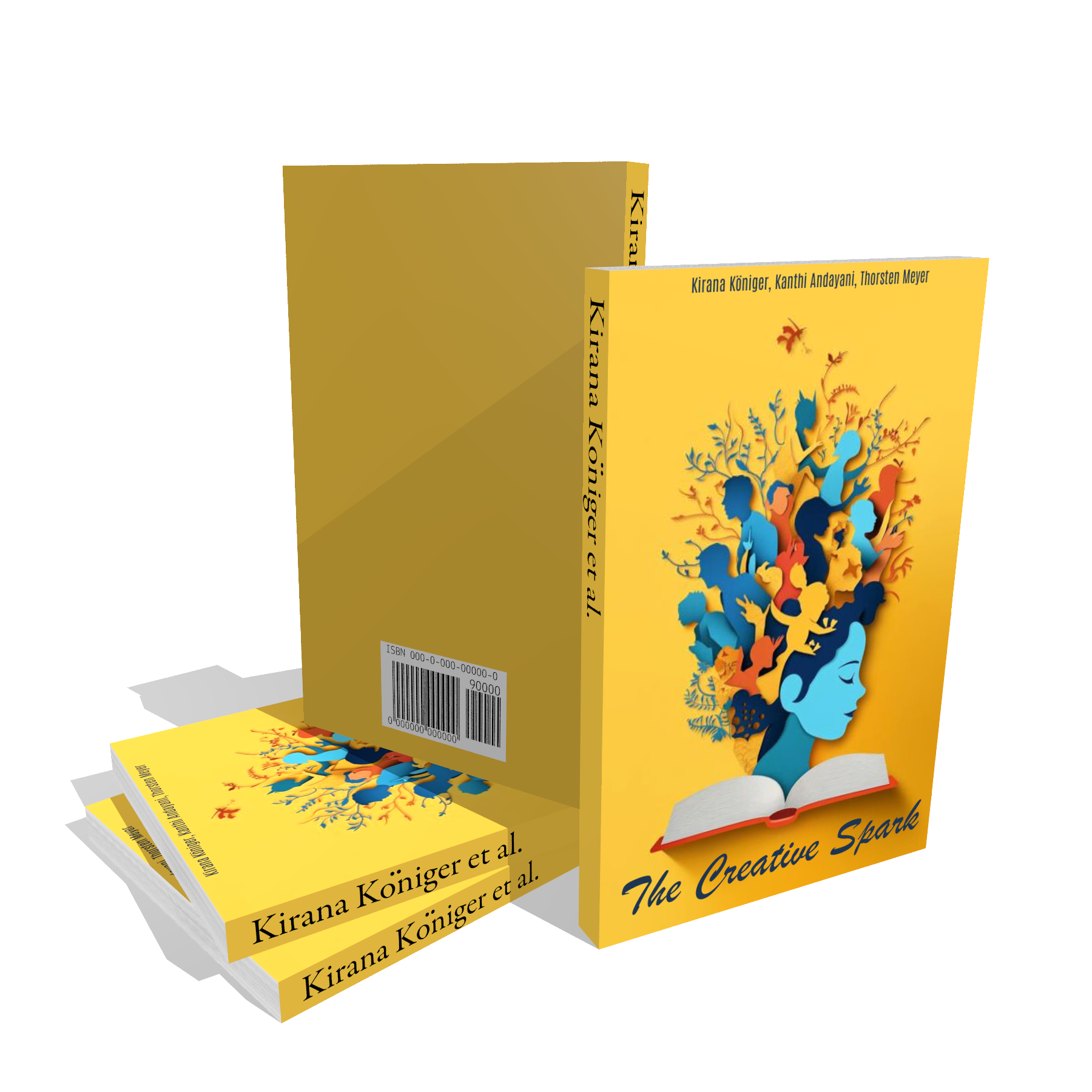Breakups can be tough, but remember, you're stronger than you think. It's okay to feel hurt; it's part of healing. Allow yourself to process those emotions. Self-care is essential right now. Try meditation or exercise to reduce stress. Surround yourself with supportive friends and maybe consider chatting with a therapist. Journaling helps sort out your thoughts too. Discover new passions and embrace change, it can be liberating. As you navigate this journey, focusing on your well-being, building confidence, and embracing new beginnings will empower you to move forward. You've got this!
Key Takeaways
- Embrace the pain to heal and move forward.
- Prioritize self-care to boost confidence and well-being.
- Engage in self-discovery for personal growth.
- Acknowledge emotions, set boundaries, and seek support.
- Embrace new beginnings for resilience and empowerment.
Embracing the Pain
To truly heal and grow after a breakup, embracing the pain is vital. It may seem counterintuitive, but allowing yourself to feel the hurt is the first step towards moving on. Letting go of the past can be incredibly challenging, but it's necessary for your own well-being. By acknowledging the pain and sitting with it, you're giving yourself the opportunity to heal.
It's okay to feel sad, angry, or lost. These emotions are a natural part of the healing process. Processing the pain is an essential part of letting go. It's about accepting what's happened and finding closure within yourself. Facing the pain head-on is empowering. It allows you to rediscover your inner strength and resilience.
Processing Emotions

Acknowledge and accept your feelings of grief, sadness, anger, and loss as you begin processing emotions after a breakup. It's okay to feel these emotions; they're a natural response to the relationship ended.
Here's how you can navigate through this challenging time:
- Journal your thoughts: Write down your feelings and thoughts to help you process them. Putting pen to paper can be therapeutic and provide clarity on your emotions.
- Talk to a therapist: Seeking professional help can offer you guidance on how to cope with the breakup and work through your emotions in a healthy way.
- Confide in friends: Sharing your feelings with trusted friends can provide support and comfort during this difficult period. They can offer different perspectives and be a source of encouragement.
- Reflect and find closure: Take time to reflect on the relationship, identify lessons learned, and find closure. This process can help you heal and move forward towards new beginnings.
Focusing on Self-Care
Engage in self-care practices post-breakup to prioritize your mental and emotional well-being. Taking care of your mental health is important during this period of change. Consider incorporating activities like meditation, exercise, and journaling into your routine. These practices can help reduce stress and anxiety levels, allowing you to heal and discover more about yourself.
Setting boundaries with your ex-partner and focusing on your well-being are essential aspects of self-care after a breakup. By prioritizing yourself, you can boost your self-confidence and self-esteem, which are crucial for moving forward with a positive mindset.
Embracing self-care post-breakup not only enhances your mental health but also improves your overall quality of life. Remember, taking care of yourself isn't selfish; it's necessary for your well-being and paves the way for new beginnings. Make self-care a priority as you navigate this challenging but transformative period in your life.
Self-Discovery Journey

As you navigate this journey of self-discovery post-breakup, it's time to embrace new passions that ignite your soul, revealing hidden strengths you never knew existed.
Through this exploration, you'll find yourself growing in ways you never imagined, discovering the depth of your capabilities and the beauty of your unique essence.
Embracing New Passions
Discovering new passions after a breakup can lead you on a transformative self-discovery journey. Embracing these new interests can help you heal and grow in ways you never imagined. Here are some ways diving into new passions can benefit you:
- Exploring Creativity: Whether it's painting, writing, or photography, expressing yourself creatively can be therapeutic and empowering after a relationship that ended.
- Connecting with Nature: Spending time outdoors, hiking, gardening, or simply enjoying the beauty of nature can bring peace and clarity to your mind.
- Learning Something New: Taking up a new hobby or skill like cooking, dancing, or learning a musical instrument can ignite a sense of accomplishment and purpose.
- Volunteering: Giving back to the community through volunteering can't only make a positive impact on others but also boost your own self-worth and happiness.
Finding Inner Strength
Exploring your inner strength through a self-discovery journey post-breakup involves delving into personal interests, values, and goals to redefine yourself. Take time to reflect on what truly matters to you and what makes you unique. By engaging in self-reflection, you can gain a deeper understanding of your strengths, weaknesses, and areas for growth. This introspective practice not only helps you discover your inner strength but also empowers you to embrace new opportunities for personal development.
Building self-awareness is key to revealing your inner strength. Through introspection and self-exploration, you can uncover hidden talents, passions, and aspirations that may have been overshadowed during your relationship. Embrace this journey of self-discovery as a chance to grow and evolve into the best version of yourself.
Personal Growth Exploration
Begin your journey of personal growth exploration post-breakup by immersing yourself in new experiences and rediscovering forgotten passions. It's time to start on this self-discovery journey:
- Try New Activities: Step out of your comfort zone and explore activities you've always been curious about but never had the chance to try.
- Rediscover Old Hobbies: Revisit hobbies or interests you used to love before the relationship, reigniting your passion for them.
- Reflect on Your Values: Take time to understand what truly matters to you, allowing you to align your actions with your core values.
- Set New Goals: Define clear goals for yourself, focusing on what you want to achieve in various aspects of your life post-breakup.
Building Confidence

Boost your confidence post-breakup by recognizing and embracing your worth and strengths. The end of a relationship may leave you feeling uncertain about yourself, but remember, you're resilient and capable. Engage in activities that nurture your well-being, such as exercising, reading, or pursuing a hobby you love. Setting personal goals, whether big or small, can give you a sense of accomplishment and empower you to see your own potential.
Don't hesitate to lean on your support system—friends, family, or a therapist—during this time. Talking about your feelings and receiving encouragement can help rebuild your confidence and self-esteem.
Reflect on past experiences as valuable lessons that have shaped you into the resilient person you're today. Embrace new opportunities and challenges as stepping stones towards growth. Each step you take towards embracing your worth and strengths will lead you to a place of greater confidence and self-assurance.
Cultivating Resilience

Developing resilience post-breakup involves equipping yourself with coping mechanisms to navigate through emotional challenges. Here are four essential steps to help you cultivate resilience and move forward confidently:
- Acceptance:
Acknowledge your emotions and the situation you're in. It's okay to feel hurt, sad, or angry. Embracing your feelings is the first step towards healing.
- Self-care:
Prioritize taking care of yourself physically, emotionally, and mentally. Engage in activities that bring you joy, practice mindfulness, and make sure you're getting enough rest and nourishment.
- Seek support:
Don't hesitate to lean on friends, family, or a therapist for guidance and comfort. Opening up to others can provide valuable perspectives and help you feel less alone.
- Positive mindset:
Focus on the present moment and cultivate optimism. Remind yourself that setbacks are temporary and that you have the strength to overcome them.
Harnessing Inner Strength

Embracing your inner strength post-breakup is vital in maneuvering through emotional challenges and fostering resilience.
After a relationship ends, it's normal to feel a range of emotions, from sadness to anger. Harnessing your inner strength involves acknowledging these feelings and allowing yourself to experience them fully. By embracing vulnerability, you open yourself up to healing and growth.
Practice self-compassion during this time, treating yourself with kindness and understanding. Setting boundaries is also essential in prioritizing your well-being. It's okay to say no to things that don't serve you positively.
Building inner strength involves focusing on self-care and surrounding yourself with supportive people who uplift you. Remember, you have the power to shape your future and create a life filled with possibilities.
Embracing New Beginnings

Embracing new beginnings after a breakup means starting fresh, focusing on your growth, and being open to change.
It's about finding resilience within yourself and adapting to new opportunities that come your way.
Fresh Start Mindset
To truly move on and become unstoppable after a breakup, cultivate a mindset that welcomes fresh starts and embraces new beginnings. Shifting into this new chapter of your life can be empowering and liberating. Here's how you can nurture a fresh start mindset:
- Letting Go: Release any lingering ties to the past and allow yourself the freedom to move forward without constraints.
- Setting Goals: Establish new aspirations and objectives that excite you and give you a sense of purpose for the future.
- Openness to Experience: Embrace new opportunities and possibilities with open arms, allowing yourself to grow and evolve.
- Closure and Peace: By choosing to detach from past attachments, you create space for closure, acceptance, and inner peace.
Growth Through Change
Welcoming change after a breakup is an essential step towards personal growth and embracing new beginnings. It's okay to feel uncertain or even scared about what lies ahead, but remember, change can lead to beautiful transformations.
By letting go of the past, you create space for positive changes and exciting opportunities to find love. Releasing attachments to what once was can promote emotional healing and resilience within you.
Setting new goals and aspirations signifies your readiness for a fresh start, a chance to rewrite your story in a way that empowers you. Embrace new experiences and possibilities with an open heart, knowing that each step forward brings you closer to a brighter future.
Through change, you have the chance to discover more about yourself and what you truly deserve. So, take a deep breath, believe in your strength, and step confidently into this new chapter of your life.
Resilience and Adaptability
Developing resilience and adaptability post-breakup is essential for embracing new beginnings and successfully managing the challenges of change. When you open yourself up to new things, you pave the way for growth and personal transformation.
Here are some ways to enhance your resilience and adaptability:
- Embrace Change: Instead of resisting it, welcome change as an opportunity for growth and self-discovery.
- Stay Positive: Cultivate a positive mindset to approach new beginnings with optimism and hope.
- Seek Support: Surround yourself with a strong support system that can help you navigate the uncertainties of starting fresh.
- Step Out of Your Comfort Zone: Challenge yourself to try new activities or explore different interests to embrace the unknown and unleash your full potential.
Frequently Asked Questions
Why Do I Move on so Quickly After a Breakup?
You move on quickly after a breakup because you possess emotional resilience and self-awareness. Your ability to process feelings efficiently and focus on personal growth is a reflection of your maturity.
Prioritizing self-care, setting boundaries, leaning on a strong support system, and exploring new activities aid in your rapid recovery. Understanding your needs and values allows you to accept the end of a relationship gracefully and embrace new beginnings with confidence.
Why Is It so Hard to Let Go After a Breakup?
It's tough to let go after a breakup because your heart and mind are deeply intertwined with memories and emotions.
The fear of the unknown and the comfort of the familiar can create barriers to moving forward.
Your brain chemistry, like oxytocin and dopamine, reinforces these attachments, making it challenging to detach.
It's okay to struggle; healing takes time, patience, and self-compassion.
How Long Is Normal to Move on After a Breakup?
It's normal for moving on after a breakup to take anywhere from a few months to about a year, depending on various factors like the length of the relationship and how deeply you were emotionally invested.
Remember, healing isn't a race; it's a process unique to you. Give yourself the time and space you need to process your feelings and grow stronger.
Focus on self-care, seek support from loved ones, and trust that you'll emerge from this experience even more resilient.
Who Moves on Easily After a Breakup?
You know, individuals with a secure attachment style tend to move on easier after a breakup. Having a healthy sense of self-worth and comfort with emotional intimacy plays a key role. It's like building a solid foundation for your emotional well-being.
When you're grounded in self-love and open to vulnerability, the journey of healing becomes smoother. So, embracing your worth and being okay with being vulnerable can pave the way for a more straightforward post-breakup shift.
Conclusion
As you navigate through the storm of post-breakup emotions, remember that you're a warrior capable of overcoming any obstacle.
Embrace the pain, process your feelings, and focus on self-care.
Through self-discovery, building confidence, and cultivating resilience, you'll find your inner strength and embrace new beginnings with unstoppable determination.
Like a phoenix rising from the ashes, you have the power to soar higher than ever before.
Keep moving forward, the best is yet to come.
Amina brings over a decade of journalism experience to her role as Editor-in-Chief. Under her leadership, Exquisite Post has flourished, maintaining the highest standards of integrity and excellence. Amina’s commitment to truth and her visionary approach guide the editorial team in producing impactful news stories that resonate with our audience.










